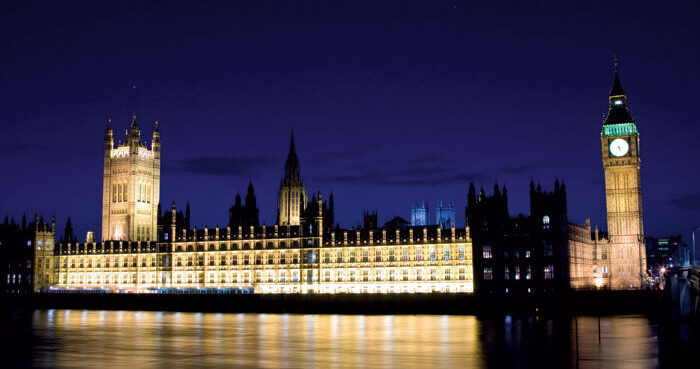Peers in the House of Lords have voted down a proposed amendment to government’s social care cap which unions warned would have picked the pockets of the UK’s poorest pensioners.
When the cap was announced in September it was originally expected that the £86,000 limit for contributions would include support from local authorities towards people’s costs.
However, guidance published in November made clear that only payments people made out of their own pocket would count, triggering significant anger.
The vote to delete the amendment passed 198-158 in the Lords.
Under the guidance from October next year, no-one starting care will pay more than £86,000 over their lifetime and no-one with assets of less than £20,000 will have to make any contribution from their savings or housing wealth – up from the current amount of £14,000.
When a person reaches the cap, the local authority becomes responsible for meeting the person’s eligible care and support needs and for paying the cost of the care needed to meet those needs.
Living costs and expenditure – such as food, energy bills and accommodation – would also not count towards the limit.
Anita Charlesworth, director of research and the REAL Centre at the Health Foundation, said the amendment has substantial real-world consequences for those with lower assets, in effect increasing the time it could take for them to reach the £86,000 cap on care costs.
“When MPs originally voted in support of the government’s amendment they were effectively voting in the dark,” Charlesworth said.
“Research from the IFS and the Health Foundation has since shown that the change would leave more people worse off compared to the original reform proposals.
“Among older people, those most affected are those with modest assets and wealth, and by region those living the North East, Yorkshire and the Humber, and the Midlands. It will also disproportionately affect working age adults with disabilities.
“Now that MPs have more information about the consequences of this change we urge them to follow in the footsteps of the Lords and reverse what would be a regressive change and one that is opposite to levelling up,” she added.
